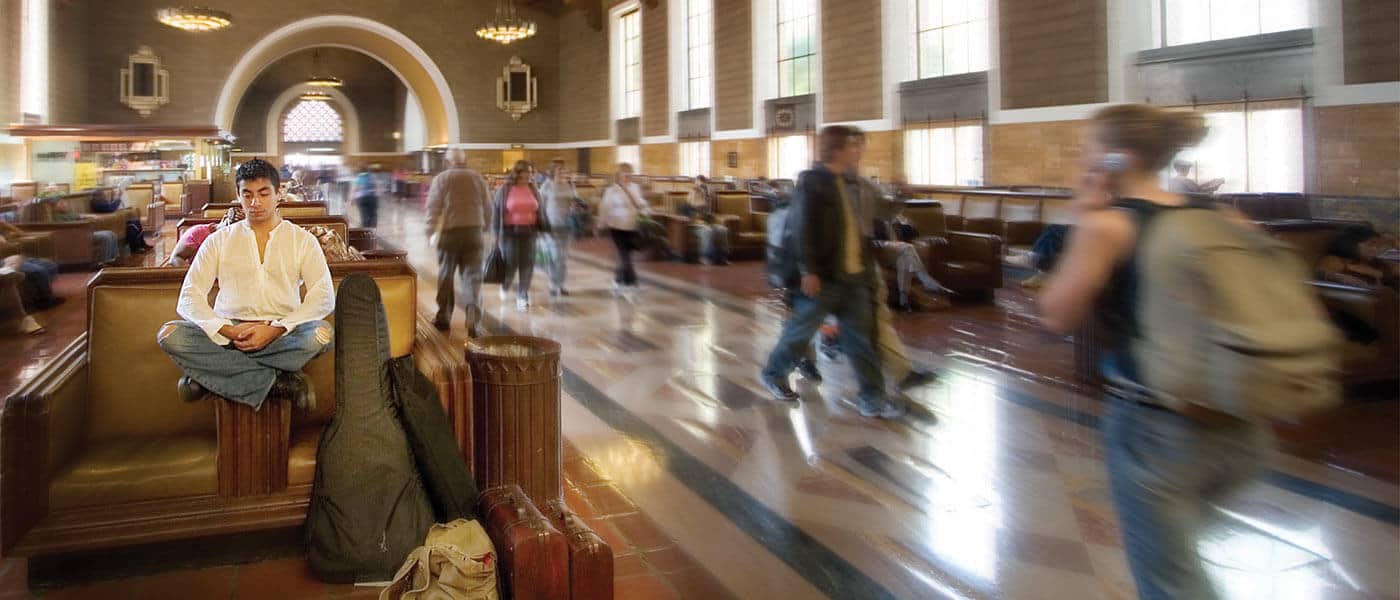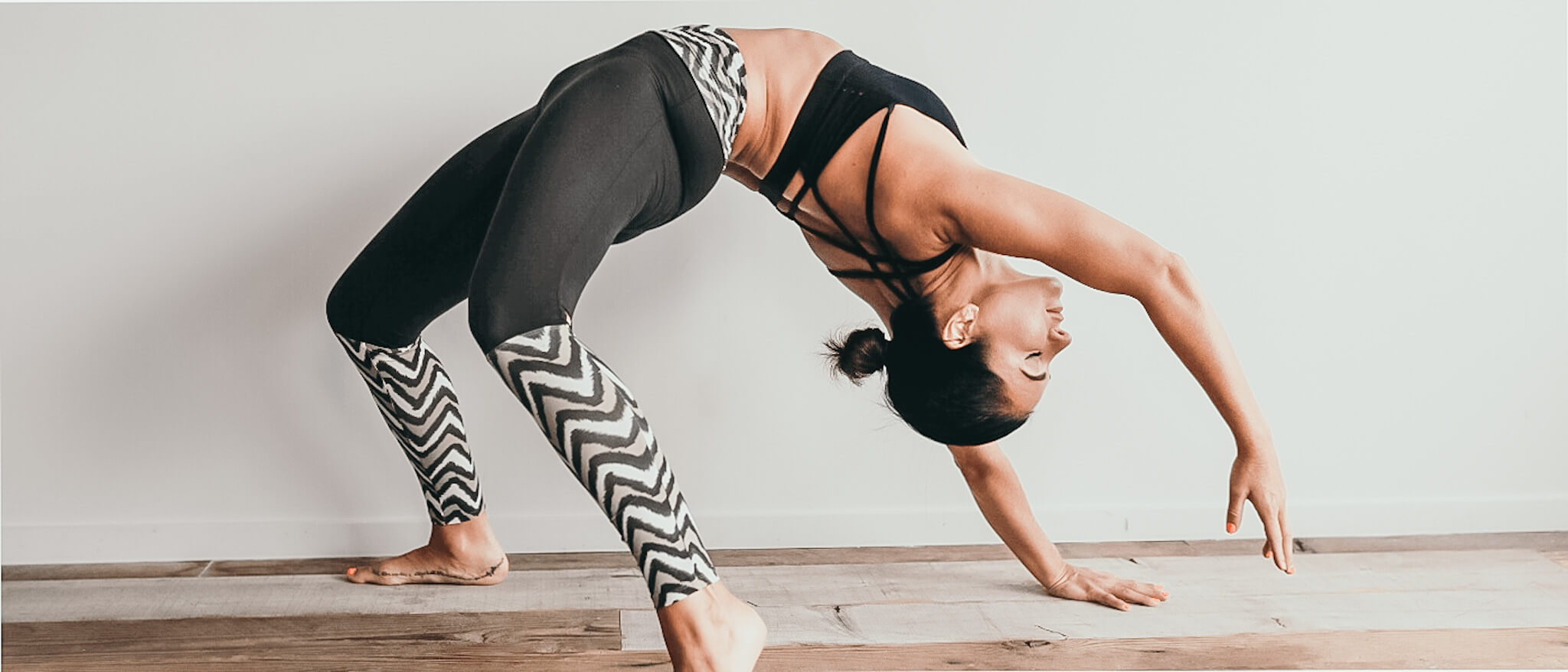having vata imbalanced symptoms?

manage your data while traveling
You’ve chosen the red-eye – San Francisco to Cincinnati – and you’re driving to the airport in a semi-stupor with a Red Bull “energy” drink in hand. Whoops! There goes the exit, but no worries: you’ve got 45 minutes to spare. That’s enough time nowadays. You turn around and get off at the right exit. Mmmkay, terminal, uhh, B, this way? Oh man, you’re headed back towards the freeway! 30 minutes.
All right, you’ve got it this time. Terminal B. The line’s not too long for checking your baggage, so you grab a tasty Cinnabon. Mmm, sticky. Up the stairs to the security line. Whoa! Hello, an extensive line of people! You’ve got 15 minutes now! You panic and try to sweet-talk your way to the front. To no avail.
Maybe there’s no such thing as “middle-of-the-night people” because no one seems excited to hear your pleas for help. After a solid frisking by security (hey, you do look suspicious), you rush to your gate… 5 minutes late. You’ll be waiting for the next flight.
From the movement and confusion to the convenience foods and recycled air, travel is an excellent way to throw off your rhythms. From an Ayurvedic perspective, travel most strongly increases the mobile quality, one of the hallmark qualities of Vata dosha. Vata is always “ready for taking off” when you step away from established routines.
Cars and airplanes can aggravate the dryness of Vata through the recycled air. Some of the common symptoms of aggravated Vata include constipation, gas, sensitive digestion, nervousness, worry, fatigue, tics and twitches, muscle cramps, ungroundedness, and insomnia.
Vata is balanced by warm, moist, heavy, and stable qualities.
Here are some recommendations for keeping Vata balanced while you travel:
Create structure. Structure gives a container of stability to the wild and erratic energy of Vata.
Plan your trip out, write down an itinerary, and give yourself more time than you think you’ll need. This will allow you to slow down and relax more and afford you some peace of mind if something unexpected comes up. (Does that ever happen when you travel?)
Try to maintain regular routines. Get to bed and wake up early.
Try to have your meal at the same times each day, and focus on having your largest meal halfway through the day. Regular routines create stability and consistency, and a big mid-day meal gives your body and mind fuel when it’s most needed and when you are most capable of digesting food.
Read more on >>> Balancing Vata
Getting enough rest and sleeping during the 10 pm to 2 am portion of the night contributes most to rejuvenation. Shoot for an early bedtime, even when you’ve changed time zones.
Eat and calmly.
Along with irregular eating times, foods that are overly processed, overeating, and eating while you’re engaged in other activities all challenge digestion. During travel, taking the time to eat in peace can help stay calm and balanced through all of the movement. Vata benefits from foods that are warm, nourishing, moderately spiced, and moist or slightly oily.
Bring some oil
Organic unrefined sesame oil is a good pick for its warm and heavy qualities. You can put it in your nose to keep your sinuses lubricated, on your feet before bed to support sleep, or for the ultimate in relaxation support: massage warm sesame oil into your whole body, let it sit for 15 minutes or longer, and then take a hot shower. This is especially helpful if you need some help falling asleep on your first night.
Breathe.
Ah yes, but not just any breath. Breathe deep into the lower lobes of the lungs, where the receptors that engage the parasympathetic branch of the autonomic nervous system live.
Also Read>>> Ayurveda 101
Breathing gives you the experience of peace and tells your body, “Relax, life is safe.” Breathing deep facilitates having thoughts of faith in everything working out just correctly. The opposite experience happens when you have shallow breathing into the lungs’ upper lobes, stimulating the fight-or-flight emergency experience of the sympathetic branch of the autonomic nervous system.
Try 5 minutes of deep, slow ujjayi breathing as you are traveling or anytime throughout the day. (Ujjayi breathing makes a controlled audible noise by contracting your abdominal muscles during inhalation and exhalation.)
To depart
Following any of the above recommendations will support your health and peace of mind while you travel. Following all of them may contribute to the most rejuvenating travel you’ve ever experienced.



